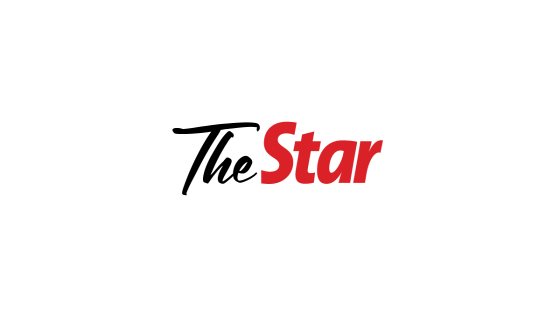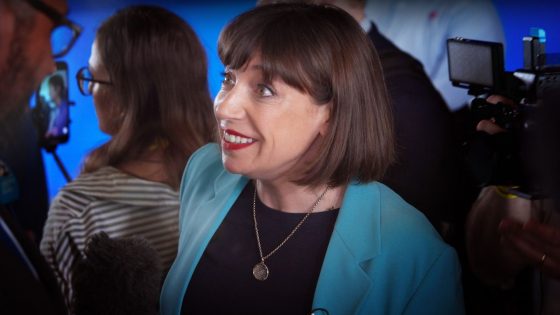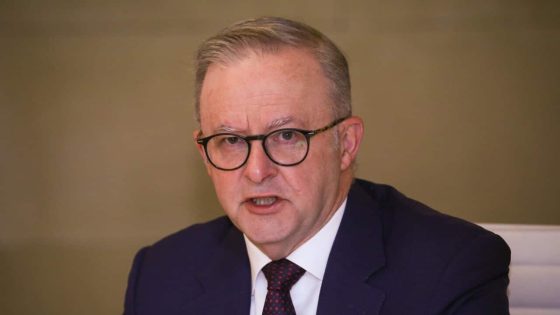Hungary is raising the hackles of its EU partners with a go-it-alone diplomatic initiative on Ukraine by its prime minister, Viktor Orban, slammed by Brussels as rogue troublemaking.
The anger is all the more acute because Hungary has just taken on the rotating EU presidency — and Orban’s bilateral visit to Russia last week was misrepresented both by him and President Vladimir Putin as conducted under the European Union flag.
Hungary’s allies will air their grievances on Wednesday, when EU ambassadors hold a regular meeting in Brussels, and likely also during this week’s NATO summit in Washington that Orban is attending.
“Many EU member states will share their dissatisfaction, which is quite wide and deep, with Orban’s recent visits and actions,” one EU diplomat told AFP.
“Orban is trolling and playing games… We want to show him a yellow card and say we see through his games,” said another.
“Tensions are high,” agreed a third diplomat, all of whom were granted anonymity to speak more freely.
Hungary’s partners are incensed that Orban used the EU presidency logo during back-to-back bilateral trips to Kyiv, Moscow and Beijing — a blurring of lines that drew sharp reprimands from Brussels.
“Viktor Orban in no way represents the EU or the EU’s positions,” Kaja Kallas, Estonia’s prime minister and the nominee to be the bloc’s next foreign policy chief, wrote on X.
“He is exploiting the EU presidency position to sow confusion,” Kallas wrote.
– Thorn in EU’s side –
Orban, the EU leader friendliest to Putin and a populist who models himself on Donald Trump, is a longtime thorn in Brussels’ side for his government’s stances running contrary to the bloc’s democratic principles and rule of law.
The slogan Orban’s government chose for its six-month EU presidency is “Make Europe Great Again” — taken directly from Trump’s “Make America Great Again” motto.
The Hungarian leader has repeatedly blocked or hindered EU consensus on helping Ukraine fight Russia’s all-out invasion since 2022 — making it all the more galling for many that he is embarking on a self-described “peace mission”.
On day one of Budapest’s presidency, on July 1, Orban made an unannounced trip to Ukraine to speak with President Volodymyr Zelensky, then, on his own initiative, flew to Moscow days later to see Putin.
According to a letter Orban sent afterwards to European Council President Charles Michel and shared with member countries, Putin said he was open “to any ceasefire proposal that does not serve the hidden relocation and reorganisation of Ukrainian forces”.
Putin also said he had “detailed plans” on what the “new European architecture” should look like after an end to the war, but Orban’s letter — seen by AFP — gave no details.
Despite no mention of Russia’s role as the aggressor, the Hungarian leader opined there was “a greater chance” Putin would entertain ceasefire proposals. Orban said he intended to pursue his solitary mission “next week”.
Despite sharp EU and US criticism of his Moscow trip, Orban followed up with a surprise visit to Beijing to see President Xi Jinping on Monday this week.
Xi told Orban that “only when all major powers exert positive energy rather than negative energy can the dawn of a ceasefire in this conflict appear,” according to Chinese state broadcaster CCTV.
Hungary, a former Soviet country with a population of 9.6 million, is not considered a major power even within the European Union, which it joined in 2004.
EU lawmaker Marcin Kierwinski, who hails from Poland’s ruling party, said on social media platform X that “the Hungarian presidency risks being the first in the European Union’s history where Putin will know big decisions before even the European Commission.”
– Reprimands and snubs –
For all the ire over Orban’s solo initiatives, there may be little that EU institutions or member countries can do beyond publicly rebuking Budapest or offering snubs.
“Several member countries — Poland, Germany, the Baltics — want to lay down lines (and) several things are on the table, but nothing concrete for now,” said one diplomat.
They added that Hungary could see “boycotts” of some meetings it chairs under the bloc’s presidency.
In parallel with the presidency, Orban has launched a far-right faction in the European Parliament to promote his anti-immigrant, eurosceptic views — the Patriots for Europe, joined by France’s far-right National Rally of Marine Le Pen on Monday.
The parliament is delaying the traditional speech by the EU presidency leader, pushing back Orban’s moment to sometime in September — ostensibly to focus on nominees for the European Commission following elections last month, parliament officials said.
But as for the hypothesis member countries could vote to shorten Hungary’s six-month hold on the EU presidency and hand it to the next in line — Poland — a diplomat dismissed that as “mere speculation”.
bur-rmb/ec/ach
Source Agencies



